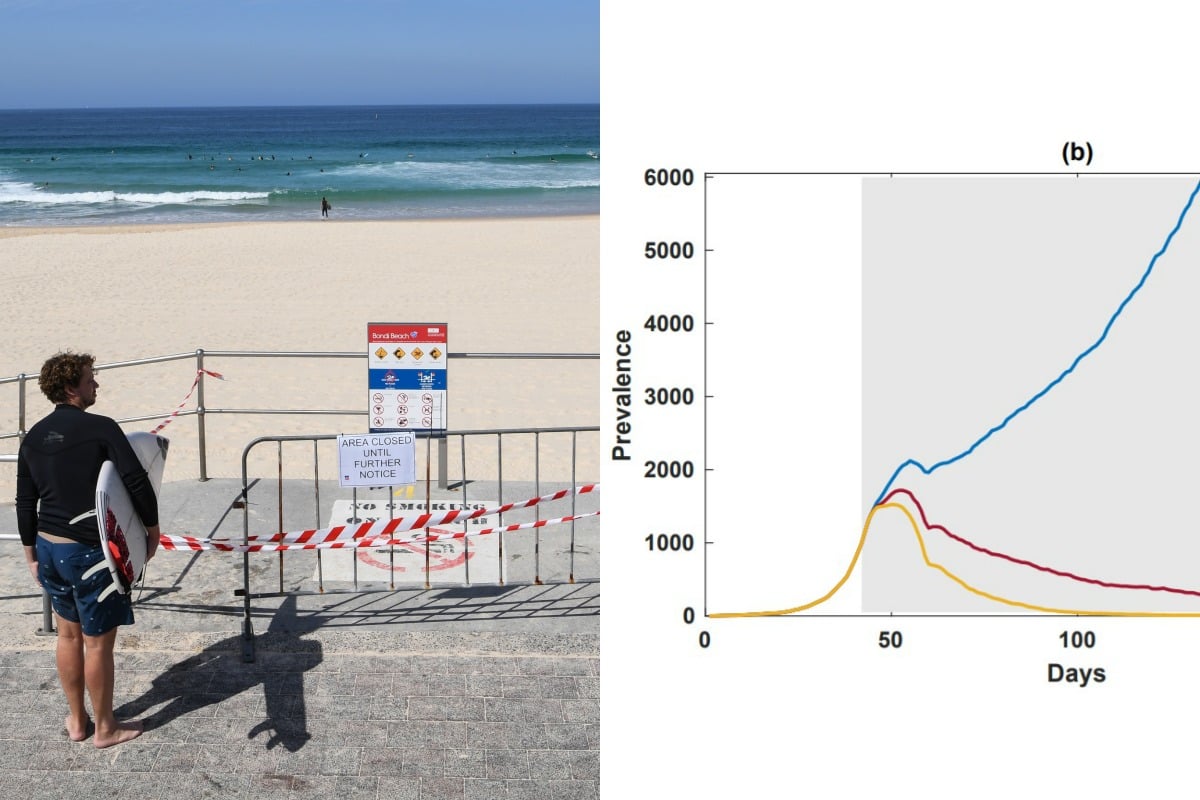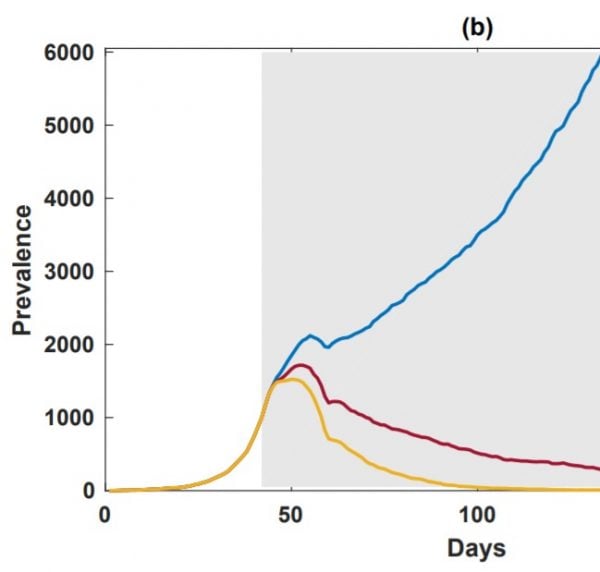
As the outbreak of COVID-19 continues to heighten around Australia, new measures continue to be implemented to reduce the rate of infections.
At the time of reporting, there have been more than 2,400 confirmed cases of the virus in Australia. Of those confirmed cases, 11 people have died from COVID-19.
From the closure of non-essential services, to strict interstate and overseas travel bans, the Australian government continues to introduce new strategies to stop the spread of the virus.
In press conferences and announcements, Prime Minister Scott Morrison has continued to reiterate that the future of the virus – and exactly how long it will take to contain – is uncertain.
However, new modelling from the University of Sydney has demonstrated how the spread of COVID-19 could be controlled in Australia within 13 to 14 weeks.
The research, which was led by Complex Systems academic and pandemic modelling expert, Professor Mikhail Prokopenko, found the spread of the virus could be controlled in that time frame if 80 per cent of the Australian population adopted social distancing.
As an example, this could mean that one person in a household could leave the house once in five days. Alternatively, one person in a family of five could leave the house daily if the other four people remained at home all the time.
The research also found that if less than 70 per cent of the Australian population adopted social distancing measures, the pandemic would not be suppressed in Australia.





























































































